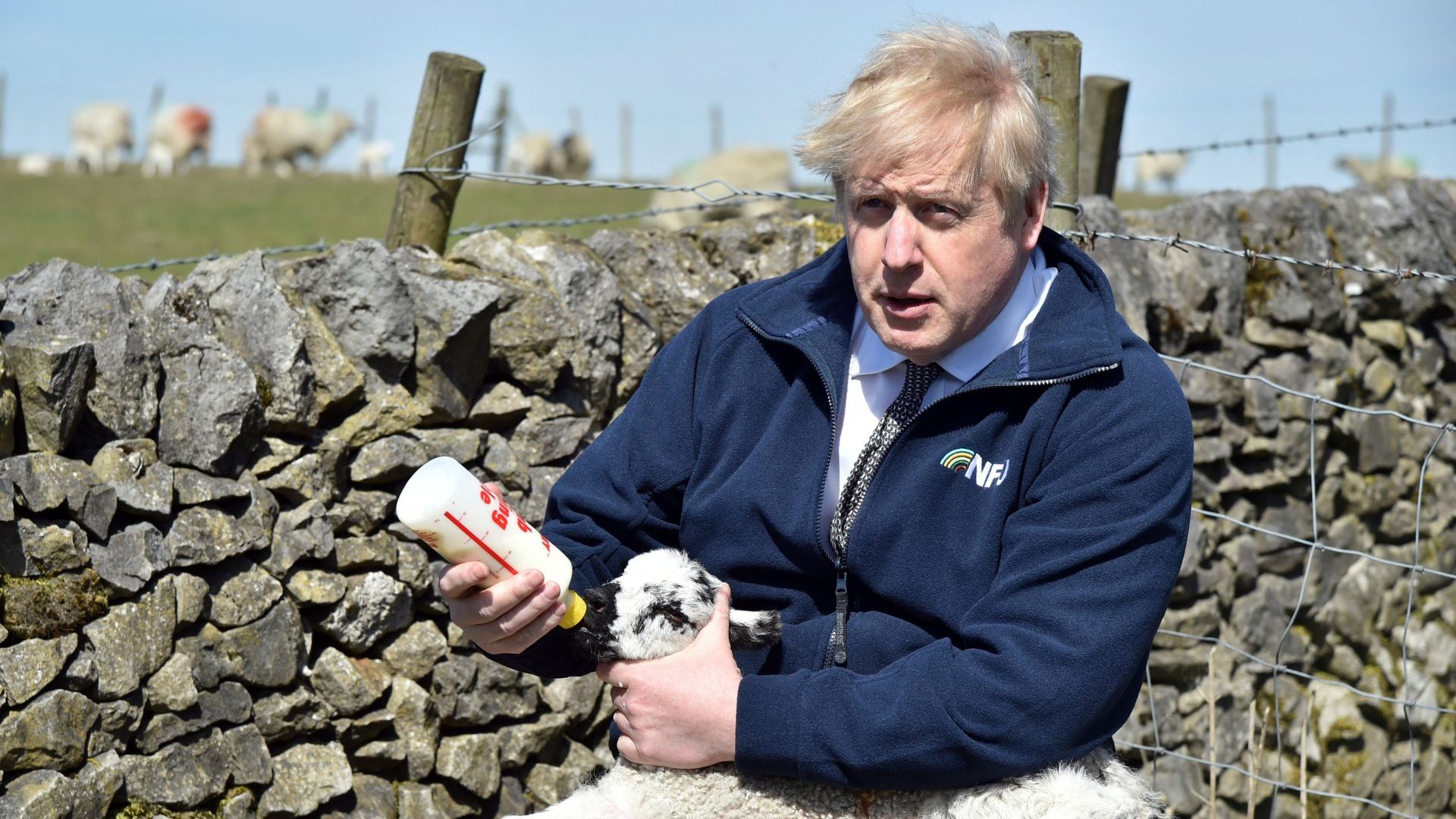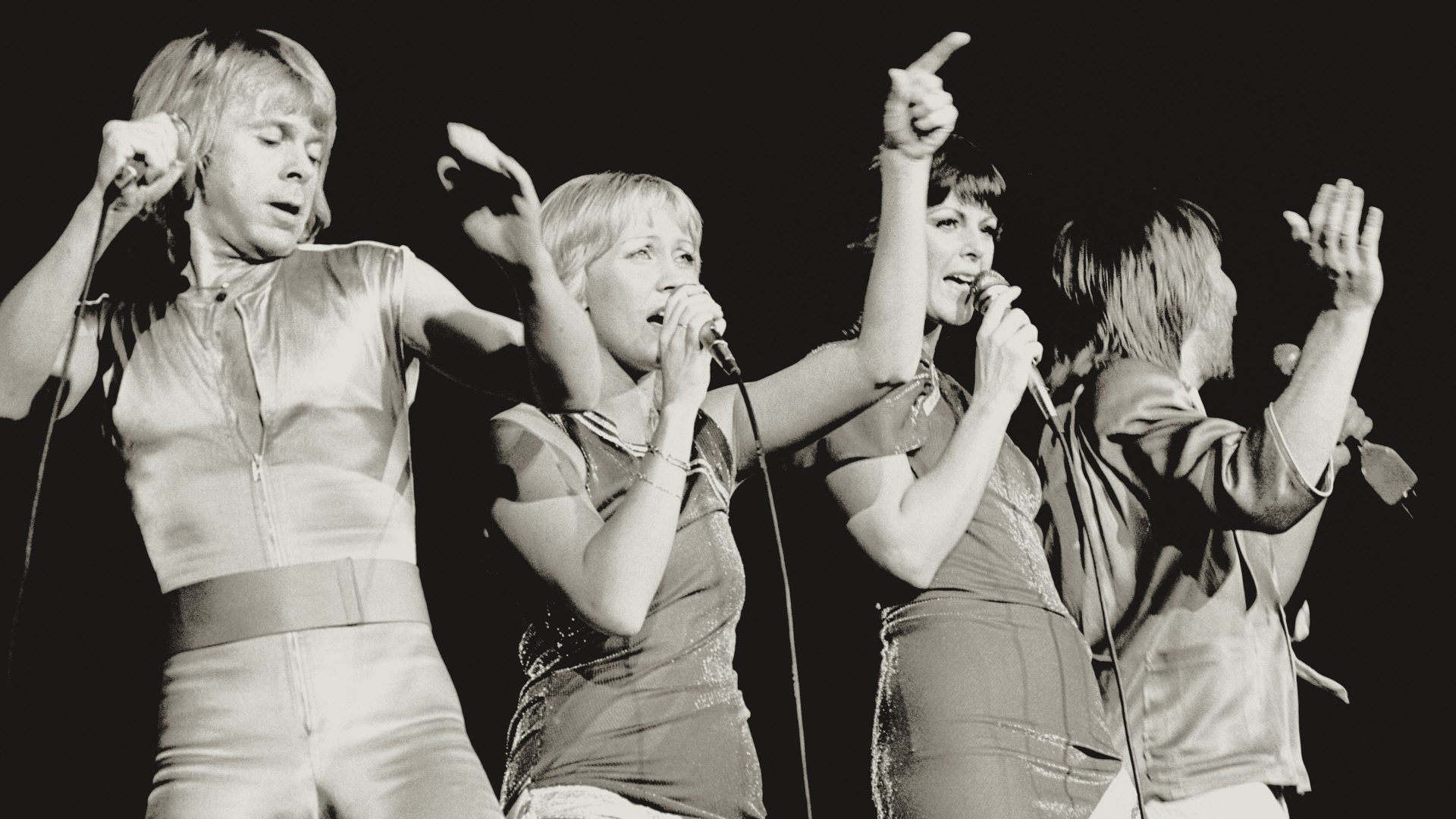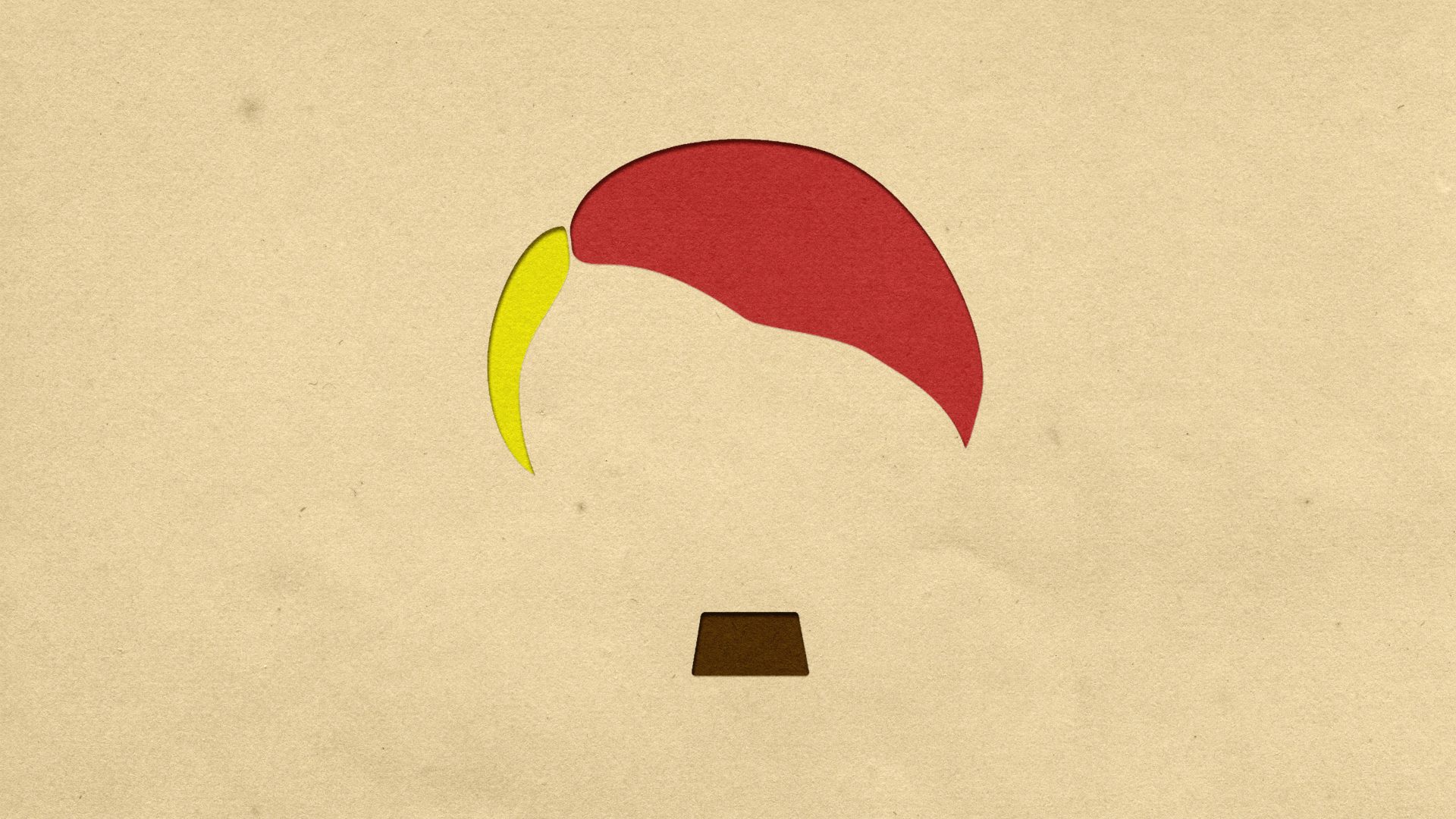Liz Webster and her husband run a mixed arable and beef farm in a village in north Wiltshire, near the border with Gloucestershire. Though theirs is a tough profession, it’s easy to imagine them having a bucolic existence; living and working in their rural idyll, a beautiful and peaceful part of the country. But Webster is unable to sit back and enjoy the view, because she is also the campaign organiser for Save British Farming.
Unlike many of her neighbours, she did not support Brexit, or believe that leaving the EU and the Common Agricultural Policy would help the industry. Yet even though she always thought Brexit would be a disaster for the farming sector, she underestimated how quickly that disaster would overtake the industry.
“It’s actually worse than we predicted,” Webster told me, “in that the destruction has been much quicker. We predicted that they wouldn’t continue to support food production… and now we are being shunted into environmental schemes with a dwindling subsidy.”
The EU’s much-derided Common Agricultural Policy, designed to support the farmers who keep Europe fed, doles out two kinds of subsidy payments. Most of its money goes on supplementing farmers’ incomes so they can improve production, and a much smaller proportion on funding positive environmental action.
But since Brexit, the UK government has replaced this with a scheme under which most of the money is spent rewarding environmental improvements. Improving soil quality, creating new hedgerows and planting more trees are all laudable, but beyond the scope of some farmers. Subsidies for many farms have been slashed as a result, and unless they can find some way to qualify for the new schemes, they will lose huge amounts of money.
The situation is worse for the small farmers, but Webster says everyone is suffering. “We are getting less money. It depends on how big your farm is, but for smaller farmers, it is worse. Big farms can afford to set some land aside for these environmental schemes, but small farms are probably using 100% of the land that they have got for grazing.”
It is even more of a problem for tenant farmers, who worry that they will do the environmental work but the government payments will go to their landowners.
An unusual champion of the British farming cause has emerged in the shape of Jeremy Clarkson. The former Top Gear presenter, who recently disgraced himself in a newspaper rant about Meghan Markle, has returned to TV with a new series of his show, Clarkson’s Farm. In one episode he reveals that his own Chipping Norton farm was set to lose £82,000 worth of EU subsidies. According to Clarkson: “The government are saying, ‘You’re still going to get a subsidy’ and we’re saying, ‘OK, what do we have to do to get it?’, but the government won’t tell us.
“You can’t prepare for that. How could you possibly prepare for next year’s farming when you don’t know what you’re going to get paid for?”
Chris Short is associate professor in environmental governance at Gloucestershire University’s Countryside and Community Research Institute. He worries that the subsidy schemes are so complex and the paperwork so demanding that many farmers will not apply. “The consequence of that,” he warns, “is in effect the Treasury will see that farmers are not interested and that the £2.4bn that has been allocated up to 2024 will be re-allocated elsewhere.”
The industry has long suspected that the Treasury saw farm subsidies as a waste of money that could be saved or spent elsewhere, and this system may bring cuts to farming support. It is a long way from the promised regeneration of the farming sector.
Farmers used to be paid to produce food – now the vast majority of support is for improvements to biodiversity, soil quality and other factors. The farming industry says that, in the middle of a food security crisis and soaring food prices, the government has devised a scheme to pay farmers to grow less food.
Claire Robinson, chief countryside adviser at the National Farmers’ Union, points out that the insistence on higher environmental standards here seems to be at odds with the trade deals the government is pursuing with countries like Australia and New Zealand. Those allow for increasingly large levels of tariff-free imports from countries that will directly compete with and undercut British producers.
As Claire asks: “Do we know what we really want from our land? Or are we just entering into all these schemes that reduce our productivity and export our environmental impacts abroad, because we have to import loads more food?”
Some of the countries from which the UK will be forced to import agricultural goods have much lower environmental standards than Britain. That prospect is a terrifying one for the food industry. There was always a contradiction between Brexit claims that on the one hand British farming would be protected from foreign competition and subsidised like never before, and the vote-winning claim on the other hand that food for shoppers would be cheaper.
Webster always understood that, when Brexit supporters talked about cheaper food and new trade deals, they meant flooding the UK market with cheap imports. “It was there on the record, from Patrick Minford and others, that they just did not see the food system as a priority.”
Sean Rickard is an independent economist and the former chief economist at the NFU. He is scathing about what he believes was always the real agenda: “If there was any logic at all to Brexit for the agricultural sector, it was that we would import more food. Their intention was to do more deals with America, Australia, New Zealand and Latin American countries. All of which are large agricultural producers, all of which would never agree to a trade deal unless they got access to our markets.”
To hide that reality, the government told farmers they would make a small fortune by planting trees or creating hay meadows. “Farmers spent all their time thinking about how much more money they were going to get, while the government planned to shrink the industry.”
So far, the government has only negotiated trade deals with two huge food exporters – New Zealand and Australia – but already the industry is bracing itself for the pain to come. “They are terrible deals for British farmers,” says Webster. “Every year the quotas go up, it means the supermarkets, which only care about the cheapest product, buy the imported products. Which means we either sell to them at a loss or we give up farming. It is no surprise that so many are giving up farming – who wants to produce food as a charity?”
If you think that is bad, wait until the government really gets going. Deals with countries with massive food surpluses like Brazil and Argentina will force down agricultural prices, and it would be even worse if the UK ever negotiated a deal with the US. It is just waiting to export billions of dollars’ worth of heavily subsidised agricultural produce into the UK.
Under those circumstances, there would be almost no crops that could be grown profitably in this country. Not only that, but the UK government refused to demand that imports comply with UK food standards, which means the playing field is increasingly tilted in favour of foreign producers.
For an industry that has seen huge increases in the cost of its inputs – particularly fuel and fertiliser – caused by the war in Ukraine, all of this could hardly have come at a worse time. It is already finding it hard to pass on increased costs to its customers, as the supermarkets just refuse to pay higher prices. Yet it knows that if Ukraine has taught us anything it is that food security is an increasing problem.
In January, the farming minister, Mark Spencer, addressed the Oxford Farming Conference. He told the audience: “As custodians of more than 70% of our countryside, the nation is relying on its farmers to protect our landscapes as well as produce the high-quality food we are known for.” With that in mind, he said: “We are increasing payment rates to ensure farmers are not out of pocket for doing the right thing by the environment.” That increase in payments amounted to around £1,000. The shadow farming minister, Daniel Zeichner, responded to the announcement saying: “I don’t think that tiny, tiny amount will make a difference at all.”
The industry, like many others, was promised the world and has been left sorely disappointed. Promises to protect agriculture, increase food production and give farmers bigger subsidies for less form-filling were just a way of winning their votes. As Rickard puts it: “The agricultural industry is a sacrificial lamb for Brexit – it was always going to be offered to countries for trade deals and farmers were to be given just enough money to stop them protesting too much.”




